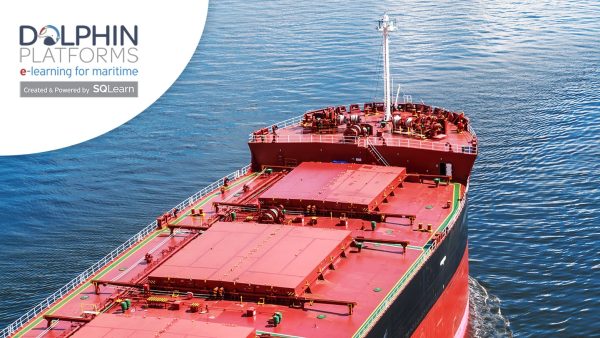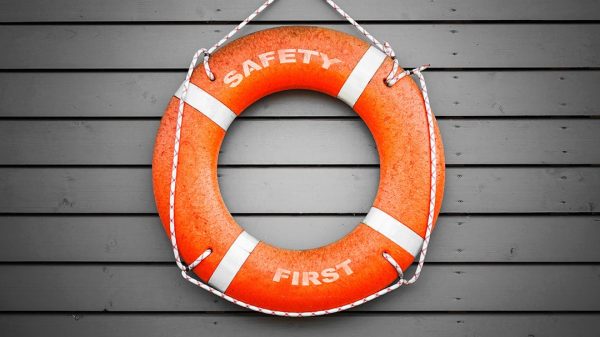SQLearn blog posts related to maritime training online
Smart ships are already a reality, and it is up to software developers to properly connect the dots of the big data that are assembled and provide correlations that will actually help shipping companies’ management to make decisions based on facts and emerging patterns.
COVID19 online course. Keep calm, protect yourself and others!
Take these simple steps to prevent the spread of the virus!
Dedicated to building a modern approach to maritime training, SQLearn has brought a number of disruptions in the field such as the concept of interactive e-learning courses and real time connection with vessels. The company was founded in 2006 by Spyros Goumas, a visionary and inspired personality who has worked in the professional training sector for the last 30 years.
European Union’s (EU) new General Data Protection Regulation (GDPR for short) regulates the processing by an individual, a company or an organisation of personal data relating to individuals in the EU.
Resilience training for maritime is a concept that becomes more and more common and can prove to be of high importance to seafarers’ safety.
Virtual reality applications can be effectively used in order to train professionals and combined with the capabilities of e-learning, can provide a unique approach to advance the ways people work and learn using their personal computer.
Microlearning is a way of teaching content. In microlearning, content is divided into small chunks that are requested by and taught to learners on an as-needed basis
Business sustainability using continuous training solutions helps companies to embrace a culture of “investing in people”. Companies invest in training their employees rather than hiring new people which can be much more costly on different levels. Most companies nowadays want to invest in retaining their people – and developing that pool – so they keep employees well trained and up-to-date so that they can respond to the company’s ever-changing needs.
The main benefit of online training when it comes to maritime safety and compliance is that employees can be reached everywhere, all over the world, at any time.
Every company should provide career development paths and the required learning programs that will enable the employees to develop the necessary knowledge and skills.










